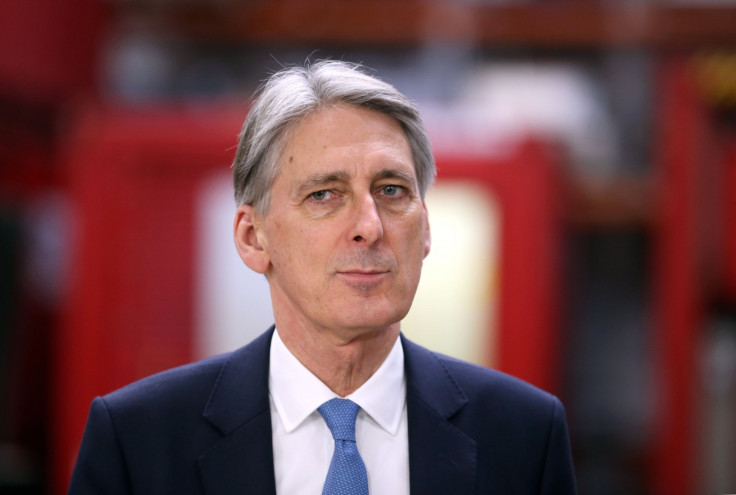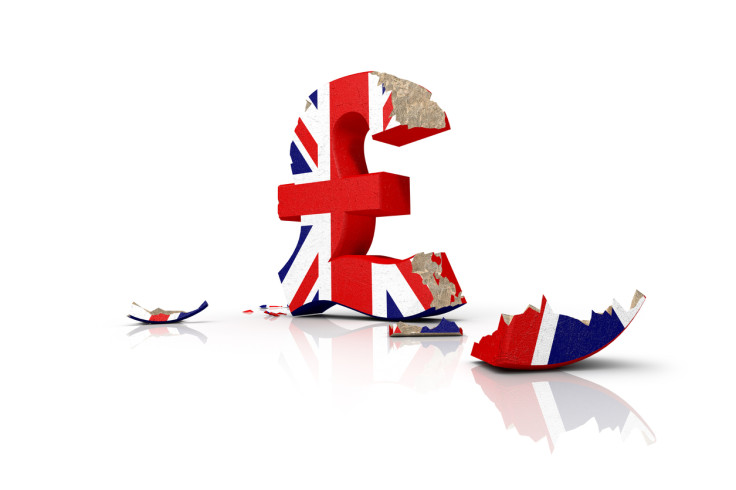Budget 2017 checklist: Five things to watch out for when the Chancellor gets to his feet
Philip Hammond is expected to have £12bn to play with, but he plans keep hold of it in case economy weakens.

Chancellor Philip Hammond will deliver the Spring Budget tomorrow (8 March) against a backdrop of heightened uncertainty as the government prepares to leave the European Union.
A resilient economy since the June Brexit vote is likely to mean the deficit is around £12bn (€13.8bn, $14.6bn) smaller than feared at the time of the Autumn Statement in November.
But Hammond has primed the country not to expect giveaways, with inflation rising sharply since the start of the year and the government preparing to trigger Article 50 at the end of this month.
The UK must "get back to living within our means" and cannot risk a "huge spending spree", wrote the Chancellor in the Sunday Times.
Here is our Budget checklist of the concerns Hammond must balance when get gets to his feet tomorrow.
When is the Spring Budget?
Hammond will deliver his first and last Spring Budget at 12.30pm, straight after Prime Minister's Questions on 8 March.
What is so historic about this Budget?
Hammond announced in the November Autumn Statement that the main Budget will take place in the autumn from 2018.
After that he said spring statements will no longer be major tax-raising events, but simply respond to economic forecasts by the independent government watchdog the Office for Budget Responsibility (OBR).
The move to one Budget a year has been welcomed by most tax experts. Bill Dodwell, president of the Chartered Institute of Taxation, said: "One budget allows more time to consult and reflect on policy."
The economy
The economy has performed better than the OBR expected. At the end of last year the watchdog forecast growth of 1.4% for 2017. This is expected be upgraded by the OBR to close to 2%, in line with most other forecasts.

However, the OBR is likely to warn that household finances will be squeezed by higher inflation, currently at 1.8%. Some economists say this may jump as high as 4% in the second half of the year as high street prices rise, pushed by a weak pound. The Bank of England has said it does not expect wages to keep pace with inflation.
Business rates
There is expected to be more money for companies hit hardest by business rate changes – particularly those in London and the southeast, where property prices are higher. In extreme cases some businesses are facing a fourfold rate rise.
The government has set aside £3.6bn as a transitional relief fund. But Hammond is expected to provide extra relief for small firms facing the largest increases.
He may also announce a review of the long-term structure of business rates, to reflect the changing nature of the high street, which sees retail online giants such as Amazon pay less than smaller bricks-and-mortar rivals as they use far fewer properties.
Social Care
The Chancellor is expected to announce up around £1bn in extra cash over the next two years, for local councils to cope with over-stretched social care budgets caused by an ageing population.
Hammond is also set to announce a longer-term review of social care funding, expected to include the encouragement of private insurance by limiting the maximum any individual would be required to pay.
Struggling families
The government's freeze on working-age benefit rates, starting in April, is set to leave just-about-managing families worse off as inflation erodes their living standards.
Hammond could use some of his windfall to ease their pain over the coming year, although he has ruled out reversing the big welfare cuts introduced at the start of the parliament.

Fuel, alcohol and cigarettes
Rising petrol prices – about 120p compared with 102p this time last year – makes rises on fuel duty unlikely.
Former Chancellor George Osborne added 16p to the cost of a pack of cigarettes last year; the same is expected this year. Last year George Osborne froze duty on beer, cider and spirits but raised wine duty in line with inflation. With four pubs closing every day in Britain, the trade has lobbied hard for further breaks.
The self-employed
Hammond is likely to publish a consultation document with suggestions to reduce the favourable tax treatment of the self-employed workers who do similar jobs to salaried employees. The report is expected to look at increasing national insurance for the self-employed, as well as boosting tax on dividends they pay themselves.
© Copyright IBTimes 2025. All rights reserved.






















